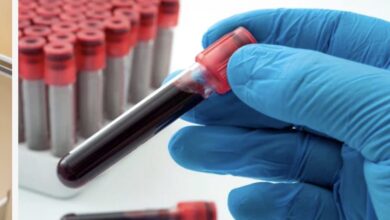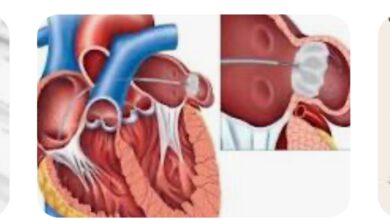TROPONIN LEVELS AND HEART ATTACKS

If you have had the misfortune of having a heart attack, no doubt you have heard of the troponin test. Troponin is a “highly sensitive blood test developed in the late 1970’s to detect even very small myocardial infarctions (MI’s), or heart attacks. It is used frequently in ER’s because of its high sensitivity; it will always find heart muscle damage if it has occurred.
MI’s for many decades were diagnosed by a combination of symptoms (substernal chest pain radiating to the neck, left shoulder and/or left arm, accompanied by sweating), EKG changes (S-T segment elevation), and elevation of creatine phosphokinase (CPK) levels, and later CP-MB (CPK-myocardial band, a more specific test). Today, everything’s the same, but Troponin has replaced CPK as the blood test of choice.
The problem doctors face is the oversensitivity of troponin; it detects heart muscle damage too easily. An abnormal troponin is not specific to the type of heart attack caused by a ruptured, arteriosclerotic plaque that has accumulated a blood clot and blocked a coronary artery. It’s the situation where oxygen is cut off to the area of the heart beyond the blockage causing damage to the heart muscle (myocardium), a heart attack. The heart muscle damage causes release of troponin into the blood stream. This is a Type I Myocardial Infarction.
ER’s in the U.S. do troponin tests more often than most other countries. Medical liability has a lot to do with that. One-fifth of patients seen in ER’s have elevated troponin levels, and “the majority are not having a Type I MI.” Other conditions cause false elevations of troponin—autoimmune diseases, sepsis, pulmonary embolism, rapid heart rhythms, COPD, chronic kidney disease, gout, some cancers, intense exercise)—so for diagnostic accuracy, an EKG, echocardiogram, and in some cases emergency coronary angiography (a heart cath) are done also, if there is good reason to suspect an MI.
Troponin levels are also elevated in cases of a Type II MI. This type of heart attack occurs due to sepsis, trauma, or blood loss, where the heart’s demand for oxygen exceeds the artery’s ability to supply it. Demand exceeds supply. Vasospasm occurs blocking blood flow in the coronary, or slowing it to the point of insufficient oxygen, to damage the heart muscle. But no EKG changes occur. Type II MI’s lead to “overdiagnosis of heart attack and…..higher use of heart cath procedures.”
Testing for troponin should be done in the ER only as part of a work up for chest pain suspected of cardiac origin, accompanied by EKG changes, and other reports that are suggestive of heart trouble. Good judgement by the ER physician and cardiologists is important so as not to tell patients they have had a heart attack when troponin is the only abnormality.
Dr. G’s Opinion: I have little experience with troponin testing. As a family doctor, I was on the receiving end of the conclusion arrived at by ER and Cardiology physicians. They made the diagnosis; I dealt with the diagnosis later. Troponin testing has replaced CPK and CPK-MB in sensitivity and reliability. But it is so sensitive it “overdiagnoses heart attacks” because it is done more often than necessary. That’s not a bad problem if it gets the obese to lose weight, the smokers to stop smoking, high blood pressure patients to take their meds, and people to take their statin.
Reference: Lazris A, Roth A. The Overdiagnosis of Myocardial Infarction. Am Fam Phys 2024 December;110(6):632-634.




